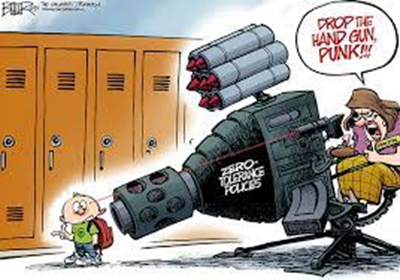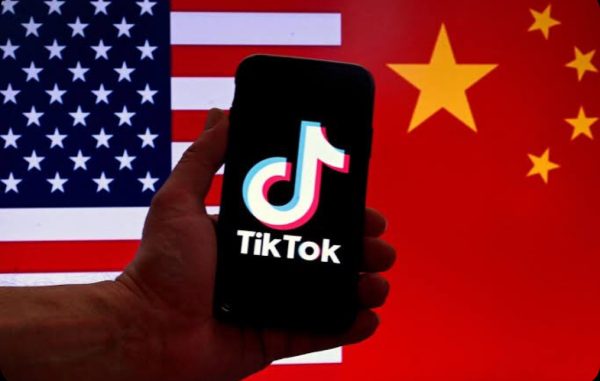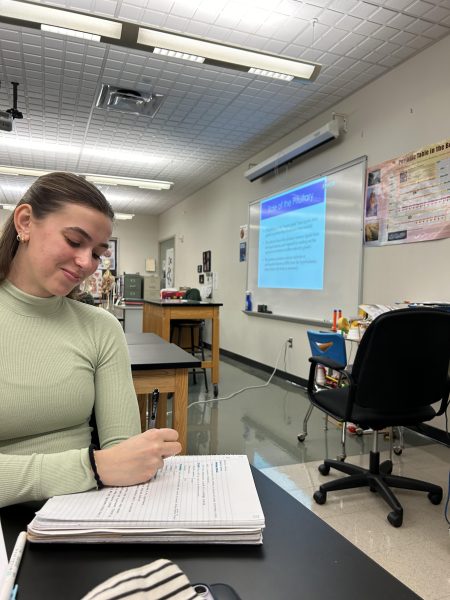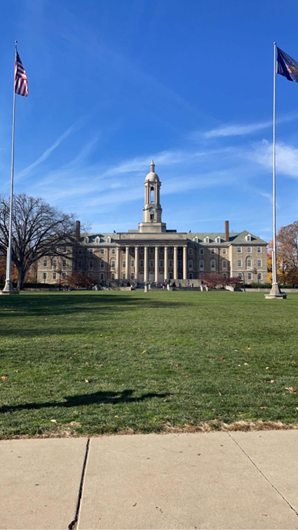How Zero Tolerance Policies Discriminate Against Students
Zero-tolerance policies are instituted at schools to ensure that any student who infringes upon any of the statutes and regulations set forth by a school are punished to the extent that has already been decided upon by policy. However, these policies have unintended effects on the students subject to them. Zero tolerance works by taking the decision of punishment out of the hands of principles and handing that decision over to legislation. This is done to try to institute stricter penalties on students. However, this also means that if a school has a zero-tolerance policy against fighting or violence of any kind, it is standard policy to suspend both students even if one student doesn’t initiate or even participate in the fight.

Legislators believe that targeting students with the same punishments makes school punishments fairer, and they hope to remove distractions from the classroom. Although these policies intend to better the schools by instituting punishments fairly, the strictness of these punishments and unclear policy allows administrators to use these policies to include students who didn’t truly violate the policy. These policies target impoverished students, students of color, and members of the LGBTQ community. An article on Ann Arbor high school of Michigan reported, “Despite the fact that only 16.4 percent of Ann Arbor high school’s population was African American at this time, this group accounted for 43.5 percent of the year’s suspensions.” This is due to discriminatory policies and principles that target these students, allowing principals to push these excessive punishments for minor infractions. The same article states that poor students were six times more likely to be suspended than affluent students. This suggests that students who have poorer home lives are more likely to act out and then targeted by these policies leading to suspensions that lead to further acting out and eventually expulsion.
These policies also take the responsibility and accountability away from the principals leaving the students with no one to blame for these harsh punishments. Students are often left with the feeling of not being able to win. This leads to what many call the “School to Prison Pipeline” students who get suspended or expelled at higher rates are more likely to drop out of school altogether, which leads these students to be unlawful. According to the American Civil Liberties Union (ACLU), “students who face suspension or expulsion are three times more likely to be in contact with the juvenile justice system during the following year.” These students are targeted in a space where they are told they are equal to their peers and are watched until they slip up one time. Zero-tolerance policies allow principals to punish these one-time offenders with over-the-top punishments. Schools across America must be rid of these policies and principles be held accountable for the punishments they bring upon their students as well as bringing severe punishment like suspension or expulsion in front of a committee that can evaluate the situation and decide whether these punishments are necessary.
Sources:
https://www.thelantern.com/2014/04/letter-editor-zero-tolerance-policies-schools-unfair/
https://www.endzerotolerance.org/data
https://supportiveschooldiscipline.org/zero-tolerance-policy
Michael Aichele, Grade 12. Intrests include, attending hockey games, fixing mechanical issues, and playing xbox. Michael plans on finishing high school...









